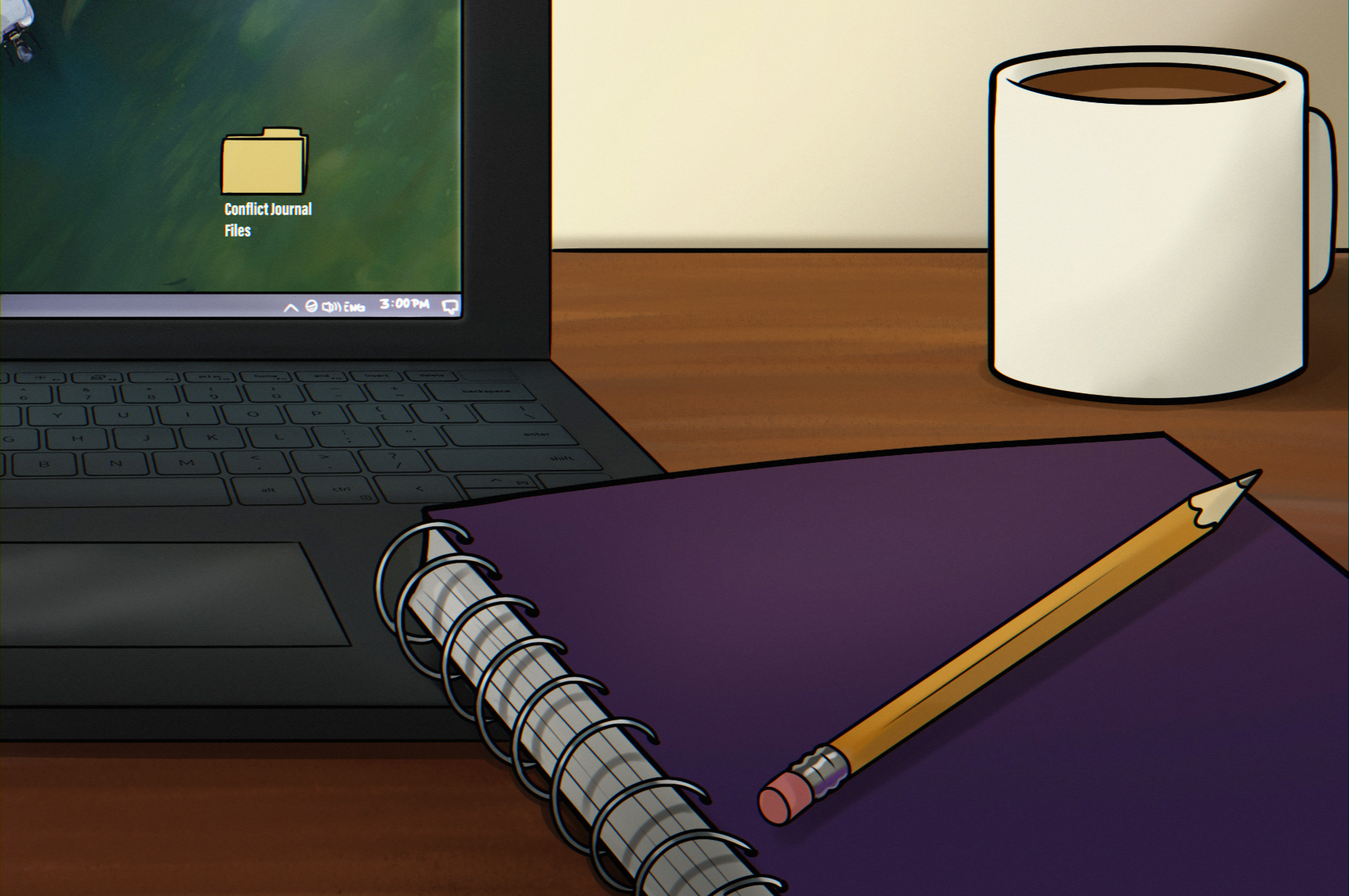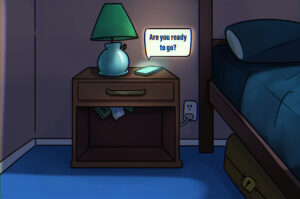Many parents describe their family law matter as “high conflict.” Parents that are in high-conflict situations are often eager to explain all of the little things that the other parent did wrong:
The kids stay up too late.
High Conflict Complaints
The kids socks are too small.
The kids are told “adult stuff.”
The TV is used as a babysitter.
He introduced his girlfriend to soon.
She lies to avoid paying child support.
All the kids eat is junk food.
The kids clothing is “rags.”
The kids are not treated equally.
She spends her time on her phone.
Someone else doing the parenting.
Most of those high-conflict complaints are proof that one parent is nitpicking the other and trying to justify why they do not like their former spouse. The issues described in high conflict situations usually existed when the parents were still on good terms with each other. However, now that the relationship soured, everything about that person bugs their ex, such as them allowing the kids television and bags of chips.
Many parents in high-conflict situations can’t wait to show off their long and extremely detailed journals documenting every little thing that the other parent did wrong. These journals are very harmful to improving the co-parenting relationship. A parent that documents every time the other parent rolls their eyes or makes a parenting decision that do not agree with is choosing to live in disharmony.
Unless there are valid safety concerns: chill out.
If there are legitimate concerns about the safety and well-being of the children, then parents must take steps to keep their children safe. As a first step, speak with a social worker immediately. If the social worker validates the concerns or opens a file, then it would be a good idea to hire a lawyer for a court application. If the social worker doesn’t want to get involved, then court could still be an option; however, it should be done with legal advice. A lawyer can assess the strengths and weaknesses before filing a court application.
There might even be better ways to resolve the problem. For example, if the complaint is that the kids are not being fed well by the other parent: the children could be sent with nutritious snacks. It is not helpful to only complain or to use an allegedly poor diet to withhold or restrict the child’s time with their other parent. Similarly, if the concern is that the kids are wearing appropriate clothing: the children could be sent with better options when sent to spend time with their other parent. Taking steps to fix problems is commendable. Simply complaining about them or journaling about it is not.
What’s wrong with keeping a High-Conflict Journal?
Parents that do not have no immediate plans to try and change the parenting schedule in court should stop documenting every little thing that bothers them. If a parent is constantly focusing on the “bad” they are probably overlooking the “good” in the other parent and the situation. Constantly documenting, reviewing and showing off their log of incidents is not forgiving and forgetting. These journals keep parents hyper-focused on the bad. These parents are not moving forward or co-parenting because they are caught up in the past.
Putting down the journal can sometimes be putting kids first. Parents that are dealing with a high-conflict situation should reach out for assistance to find a better way to channel that energy.





